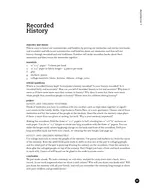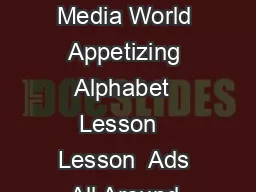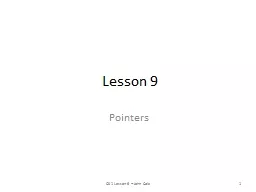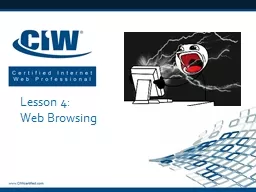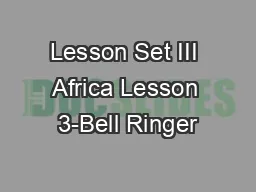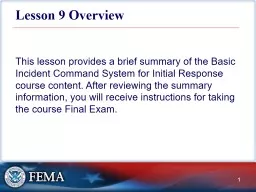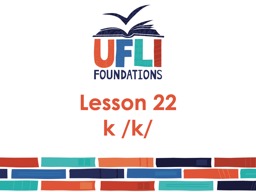PPT-Lesson 13 Day 2 Question of the Day
Author : giovanna-bartolotta | Published Date : 2018-10-28
What is you favorite season of the year Why My favorite season of the year is because Read Aloud Listen to the poem to find out how the poet feels about fall Autumn
Presentation Embed Code
Download Presentation
Download Presentation The PPT/PDF document "Lesson 13 Day 2 Question of the Day" is the property of its rightful owner. Permission is granted to download and print the materials on this website for personal, non-commercial use only, and to display it on your personal computer provided you do not modify the materials and that you retain all copyright notices contained in the materials. By downloading content from our website, you accept the terms of this agreement.
Lesson 13 Day 2 Question of the Day: Transcript
Download Rules Of Document
"Lesson 13 Day 2 Question of the Day"The content belongs to its owner. You may download and print it for personal use, without modification, and keep all copyright notices. By downloading, you agree to these terms.
Related Documents


